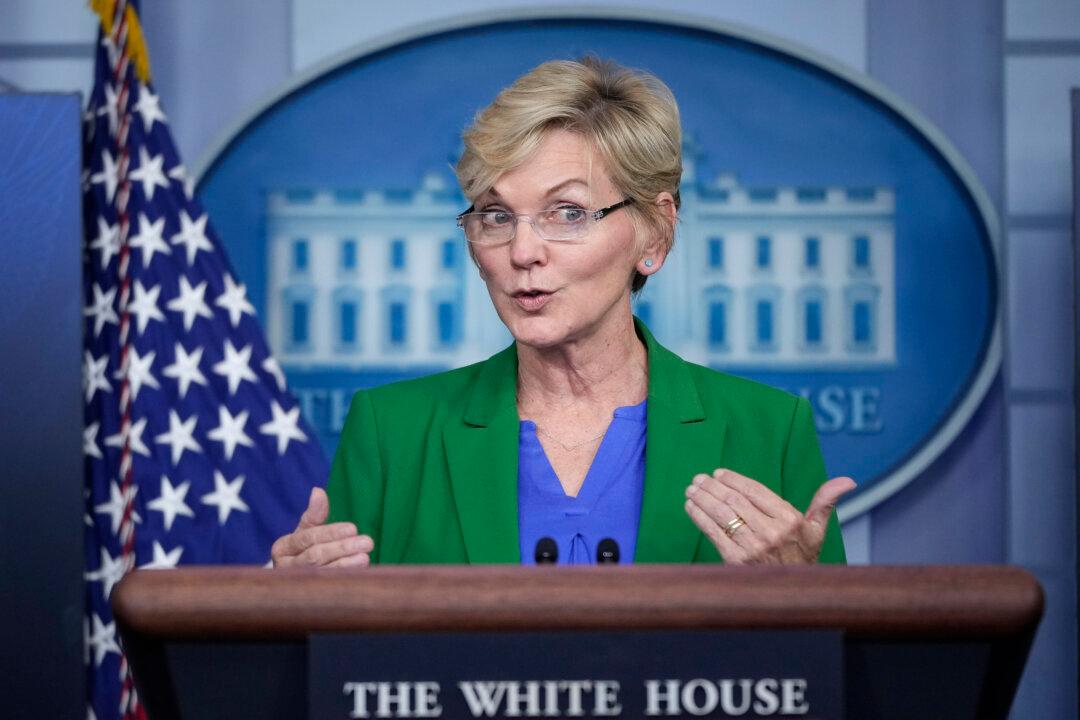A consumer watchdog has calculated that the Biden administration’s war on appliances such as gas stoves, in the name of climate change, would cost the average American household over $9,100.
In an infographic titled “Biden’s Dream Home,” the nonprofit Alliance for Consumers puts price tags on the Biden administration’s various proposals for new energy standards for all kinds of appliances found in homes, including air conditioners, washing machines, and gas stoves.





